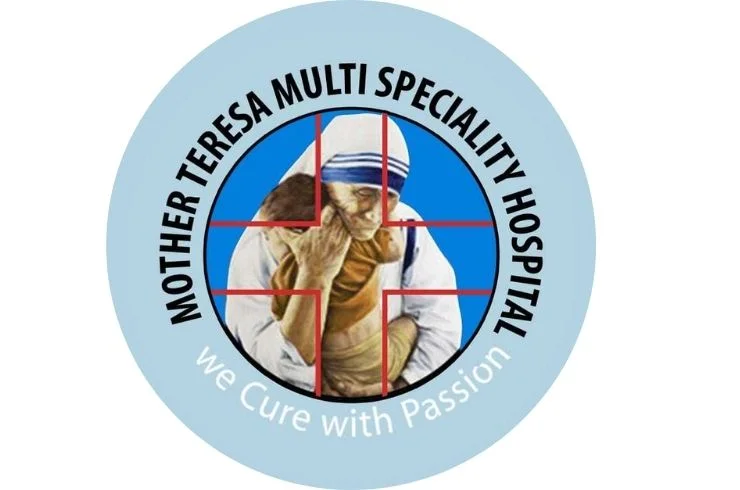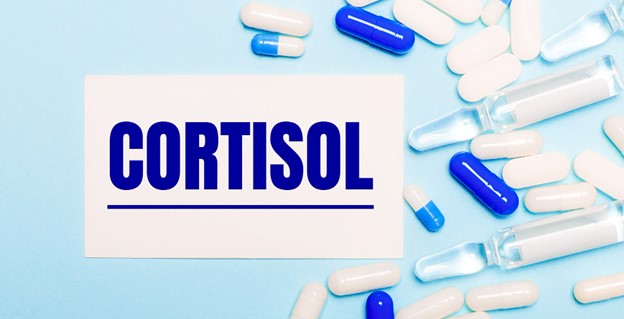Imagine waking up each day feeling different than before—changes in your body that seem out of your control. This story is common for those experiencing Cushing’s syndrome. But what exactly is this condition? Cushing’s syndrome is when your body has too much cortisol, a hormone crucial for managing stress and metabolism. Understanding it helps you become proactive about your health.
In India, we often hear of illnesses like diabetes or heart disease. However, symptoms of rare conditions can sometimes be overlooked. Recognizing signs of unusual conditions, like hypercortisolism Cushing syndrome, helps in managing health risks early.
This blog aims to break down complex medical concepts to help you learn about Cushing’s syndrome. You’ll find easy explanations and relatable insights to equip you with better health management tools.
Cushing’s Syndrome: Causes, Symptoms, and Diagnosis
The causes of Cushing’s syndrome can vary. One of the primary reasons is the prolonged use of corticosteroid medications. These drugs are sometimes prescribed to treat illnesses like asthma or arthritis and can lead to excess cortisol levels in your body. Another cause might be growths in the body, often near the pituitary gland, which can increase cortisol production. Although less common, some cases arise from tumors in other organs.
Recognizing the symptoms of Cushing’s disease can help in early diagnosis. These symptoms might include unexpected weight gain, especially in the face, and unwanted skin changes, like acne or purple marks. People with this condition might also feel mood swings, ranging from irritable to downcast.
Diagnosis often starts with history and a few simple tests. Blood and urine analysis are common to check for excess cortisol levels. Doctors in India may also suggest imaging tests or X-rays to check for growths or tumors. Understanding these steps can empower you to detect warning signs and seek a medical consultation without delay.
Learning the symptoms helps you see when it’s time to talk to a doctor. For many, catching these signs early can mean a significant change in treatment success.
Treatment and Management of Cushing’s Syndrome in India
When it comes to managing Cushing’s syndrome, there are several treatment paths. Medication is often the first stop. Drugs can help control excess cortisol levels in the blood. Common options might include reducing or changing the type of corticosteroid medications if they are the source.
For some, surgery becomes a necessity, particularly when tumors are involved. Surgeons in India are equipped to remove these growths, making it a viable option for many patients. Supportive therapies, such as radiation, may also be needed for those who cannot undergo surgery or when every tumor cell isn’t removed.
Personalized treatment is an emerging focus. Tailoring the approach to align with the Indian lifestyle, including dietary habits and family dynamics, ensures that treatment suits everyone’s individual needs. Recommendations often involve a nutritious diet and a regular exercise routine to help manage weight and mood.
Stress management is another crucial factor. Simple steps like practicing yoga or mindful meditation can transform stress handling. These steps, combined with medication or surgery, often bring the best results.
Stories from people who have faced Cushing’s disease bring hope and perspective. Like Raj, who was diagnosed after noticing unexplained changes, sought treatment, and found himself feeling better post-surgery. Such stories highlight resilience and inspire others to seek help and stick with their treatment plans.
Living with Cushing’s: Holistic Health and Support
Life with Cushing’s syndrome does not stop at medical treatment. Embarking on a journey toward holistic health means looking beyond pills or surgery. Patients might find balance through approaches like physical therapy or engaging in daily walks. Diet adjustments, to include more vegetables and lean proteins, aid in overall well-being.
Testimonials from around India reveal how individuals have adapted to life after diagnosis. Stories from people in various cities show how individuals have found success in employment, social connections, and personal growth even with the label of Cushing illness.
Building a network of support also plays a vital role. Many find comfort and aid through local support groups or online forums where shared experiences bond people. Expert specialists in the field can guide those newly diagnosed.
Resources are available across India. Lists of trusted specialists, credible nutritional guides, and connections to local support can make a significant difference.
Above all, here is a message of hope: early detection and management are possible. You’re not alone in this fight, and with the right knowledge and support, managing Cushing’s syndrome is within reach. You can live a fulfilling life beyond these challenges with the correct approach, proper treatment, and a supportive community.
Whether you’re reading this to understand more about Cushing’s syndrome for yourself or to help someone else, know that light is at the tunnel’s end. Through awareness, the right choices, and early intervention, a better quality of life is achievable for everyone.


